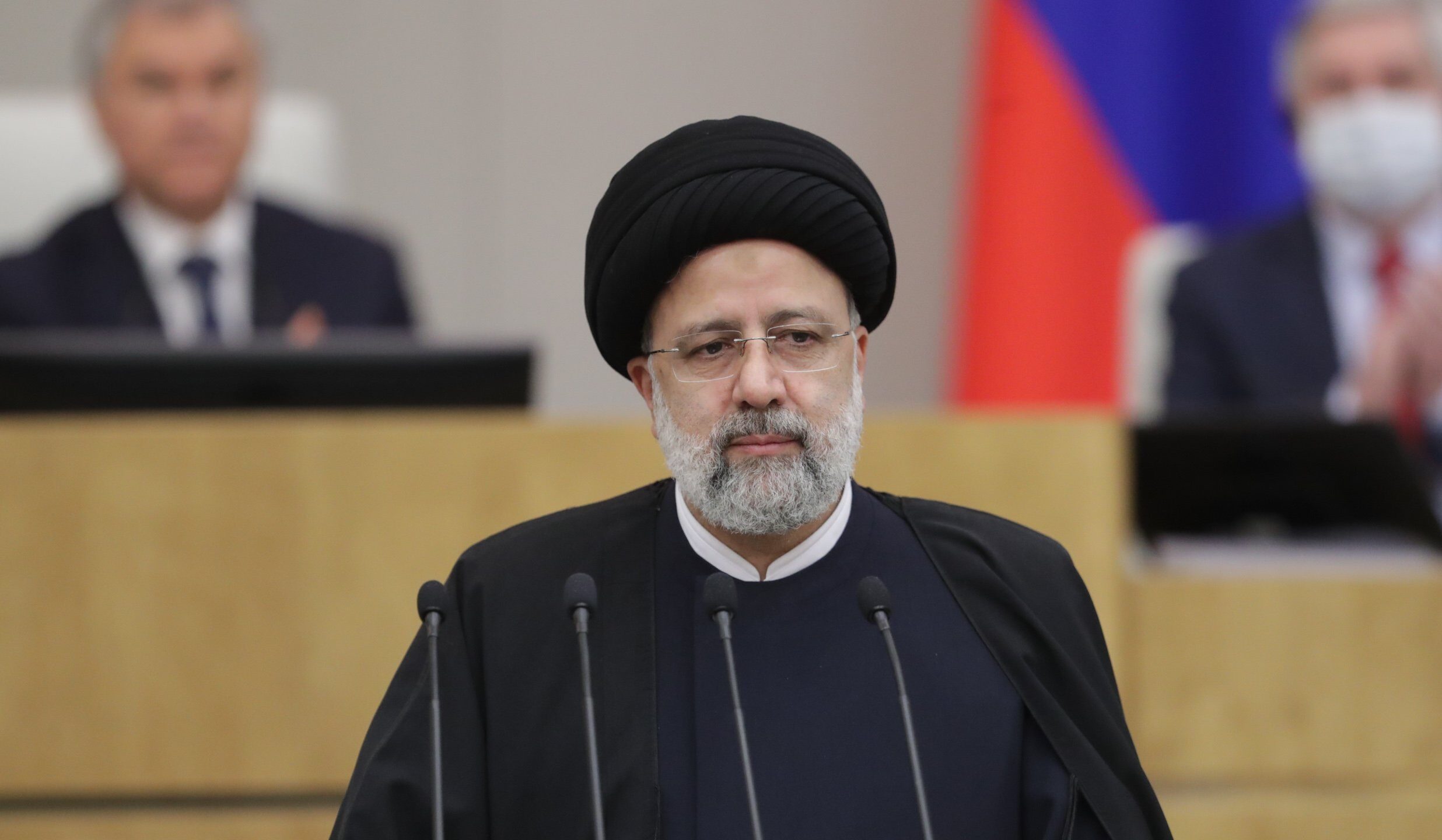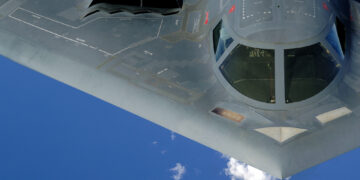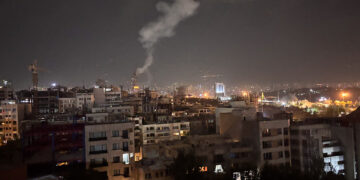
Ebrahim Raisi, the hardliner jurist-turned-president of the Islamic Republic of Iran, died in a plane crash over the weekend after coming back from a ceremony marking a new joint dam project with Azerbaijan. Iranian foreign minister Hossein Amir-Abdollahian, who was also on board, perished in the crash as well.
Internally, Raisi’s death won’t make much of a dent. The Iranian political establishment will shed a few tears and then move on. Per the Iranian constitution, elections will have to be organized in fifty days to find a replacement. Supreme Leader Ayatollah Ali Khamenei and the Guardian Council, the body responsible for vetting candidates, will clear the decks for another hardliner, just as they did for Raisi three years ago. The one winner out of this situation: Mojtaba Khamenei, the supreme leader’s son, who is rumored to be in the running to succeed the older Khamenei once he dies. The other potential candidate was none other than Raisi.
US policymakers across the national security establishment will be assessing what Raisi’s death means in the grand scheme of things. You can bet that country analysts in the Central Intelligence Agency’s Near East Division have already done various analyses probing different contingencies in the event of a high-profile Iranian death.
The optimal question is fairly obvious: how will Iran’s foreign policy change after Raisi’s demise? The answer is just as obvious: it won’t. There is no Iranian version of Mikhail Gorbachev set to rise to the office and transform Iran from a US adversary to a sometimes-partner. The hardliners control the levers of power, and whatever moderates exist today have seen their influence gutted by Khamenei’s office, the Guardian Council, and the Islamic Revolutionary Guard Corps.
More on Middle East

By Jennifer Kavanagh and Dan Caldwell
June 28, 2025

By Rosemary Kelanic and Jennifer Kavanagh
June 25, 2025

Featuring Rosemary Kelanic
June 25, 2025
Events on Iran






